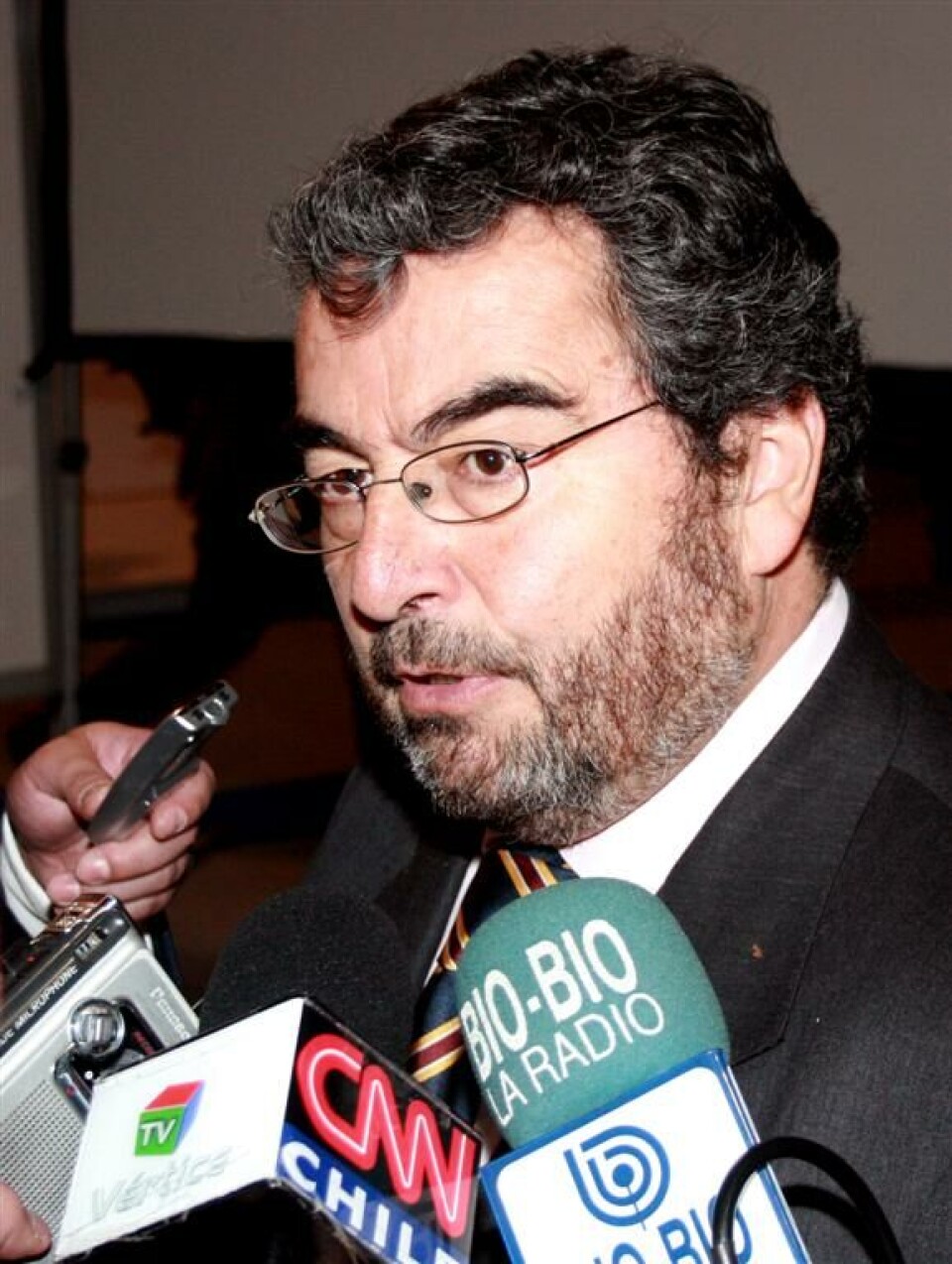
Chileans seek government intervention
Decreasing prices and rising production costs have inspired a leading figure in the Chilean salmon industry to ask for governmental help to downsize the industry
The Chilean industry is producing too many salmon, according to the president of Aquachile, Victor Hugo Puchi. With margins eroded by low prices and intensive farming that’s pushing up the cost of disease prevention, authorities need to “limit individual liberties,” he said.
In an interview with Bloomberg, the businessman said that “what we lose in value for the reduced volume of production, we will compensate for with higher prices and greater stability”.
“I hope we can get the support of the government, which is the only one that can administer this situation,” he added.
The industry has seen a sharp rise in the use of pharmaceuticals to control sanitary issues whenever output of Atlantic salmon rises above 600,000 or 650,000 tonnes a year, he said. It currently produces about 800,000 tonnes and has licences for about 2 million.
While the industry recovered to near peak capacity last year, producers - including Aquachile - are losing money again as prices decline. With Norway banned from selling salmon to Russia, the Scandinavian country increased supply in other markets where Chile competes, Puchi said. At the same time, a surging US dollar is pushing up costs, countering revenue gains, he said.
The woes were compounded this year when Costco started to market antibiotic-free salmon, something that’s beyond the reach of Chilean industry for climatic reasons, Puchi said.
US campaign
While farmers are working with the government on a campaign with retailers in the US to improve their image, a reduction in output would also help contain costs associated with sanitary issues, Puchi said.
“The safest road is to reduce production volume to avoid pressures in the environmental and sanitary systems," he said. "The state is the only one that has the capacity to do this adjustment with a regulation that limits individual liberties in function of a biological situation and an ocean freight capacity. That is what every other country has done."























































